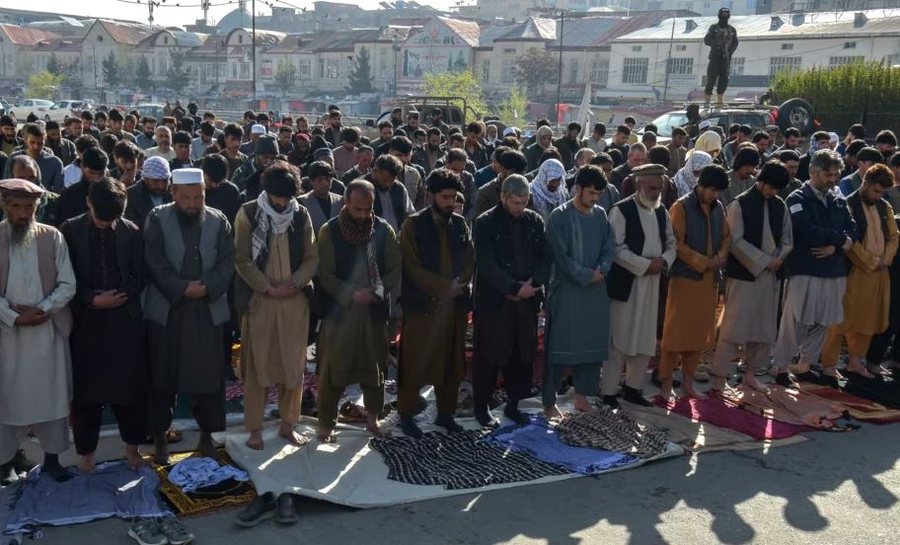
"Morality police" in Afghanistan have arrested men and their barbers because of their hairstyles and have also arrested other men for not going to mosques to pray during the month of Ramadan.
This was stated in a United Nations report published on April 10, six months after laws regulating the conduct of people in Afghanistan came into force.
The Ministry for the Prevention of Vice and the Promotion of Virtue in Afghanistan published the new laws in August last year. The legislation covers many aspects of daily life in Afghanistan, including public transport, music, beard trimming and celebrations. Among the laws approved by the ministry is a ban on women's voices and faces being uncovered in public.
That same month, a senior UN official warned that the laws represented “a sobering picture” for the country’s future, as they added to existing restrictions on women and girls in employment, education and dress code. The Taliban have dismissed the UN’s concerns about the morality laws.
A report released Thursday by the UN mission in Afghanistan said that in the first six months of the laws being implemented, more than half of the arrests were related to "either men whose beard length or hairstyle did not comply with regulations, or barbers who offered beard trims or haircuts that did not comply with regulations."
The report also said that the "morality police" regularly arrest people "without due process or respect for legal protections."
During the month of Ramadan, mandatory prayer participation for men was closely monitored and often led to arrests of those who did not participate in prayer, the report said.
The UN mission said both genders have been negatively affected by the laws, particularly those running small businesses such as private education centers, barbers and hairdressers, tailors, wedding service businesses and restaurants. This has led to a reduction or complete loss of income and employment opportunities.
According to the report, the direct and indirect socio-economic impacts of implementing the laws are likely to further exacerbate Afghanistan's dire economic situation. A World Bank study estimated that prohibiting women from studying and working could cost the country $1.4 billion a year.
According to the UN report, more than 3,300 inspectors are engaged in informing people about the laws and their implementation./ REL (A2 Televizion)











